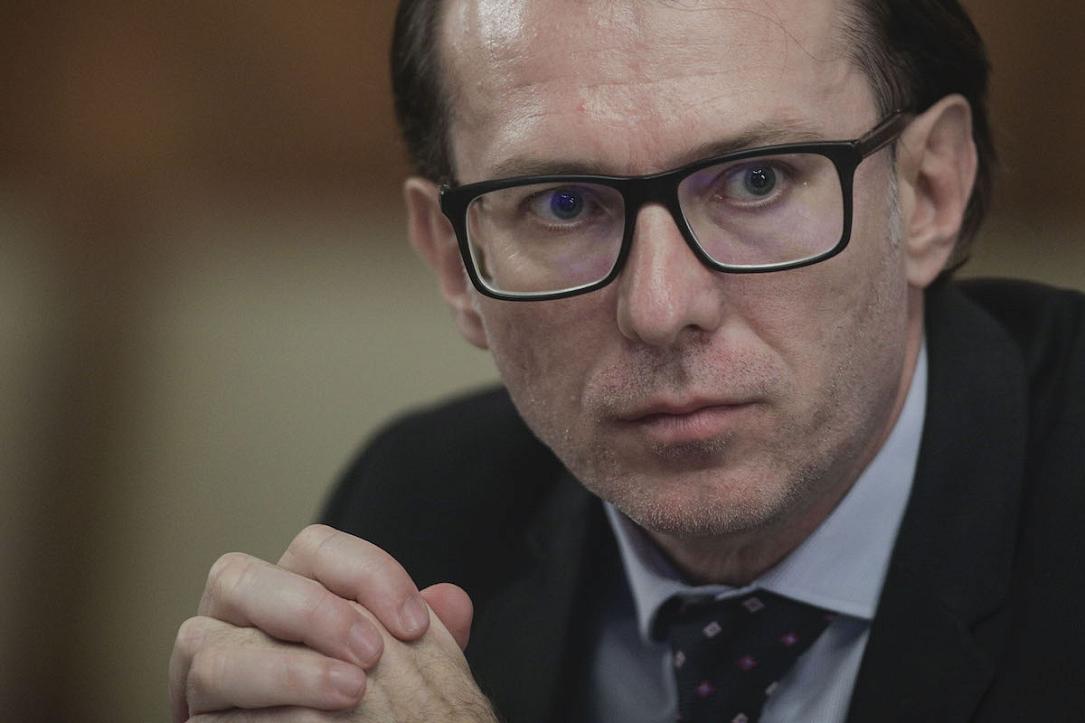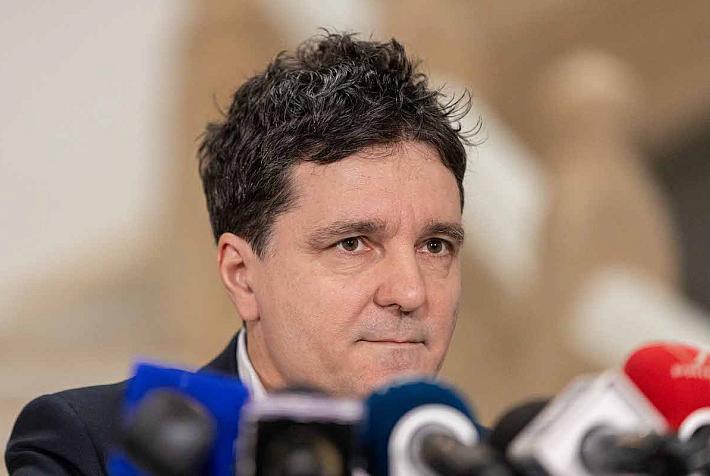No IMF agreement yet, RO FinMin assures

“An agreement with the International Monetary Fund (IMF) is out of question at this moment,” Romanian finance minister Florin Citu stated in an online interview given to local news portal Hotnews.ro.
He claimed that his recent statements in a Bloomberg interview were misinterpreted by the local media.
In that interview, Citu said that Romania’s Government would first tap the local market for financing the budget deficit seen as widening this year, and only afterwards rely on the IMF and the European Bank for Reconstruction and Development (EBRD) under arrangements that would not include conditions [such as structural reforms or performance targets].
Speaking for Hotnews.ro on April 1, Citu said that the foreign markets, “where we can get better financing terms furthermore without being imposed conditions [such as in the case of an agreement with the IMF],” is the second financing option after the local market.
He did not mention a third financing option, but he admitted that the public deficit would reach between 6% and 7% of the GDP this year, almost double than initially planned.
"There will be two types of deficits [this year]. The structural one, ours. And the one generated by these crisis costs. I cannot tell you the deficit now, but as an order of magnitude, the package [to combat the effects of the crisis] starts at 3% of GDP. That is, the [total] deficit estimate would thus be 7% of GDP,” Citu stated, implying that the gap might be even wider depending on the revenues.
Asked whether the Government considers cutting the wages in the public sector, Citu implied that indeed the public payroll might be reduced - not necessarily only by wage cuts, though.
“The burden must be shared [by the public sector,” Citu stated adding that “there are more ways to do this.”
As regards the sovereign rating, critical for the Eurobond scenario, Citu said that he expects the major rating agencies to include in their assessments the harsh circumstances, and thus not rush to push Romania out of the investment grade area. Notably, even a one-notch downgrade would put Romania in the speculative investments region thus increasing the borrowing costs.
In the Bloomberg interview, Citu reasonably explained that the logic of first approaching the IMF and EBRD for financing, before Eurobonds, would be exactly securing the country’s credibility.
(Photo: Octav Ganea/ Inquam Photos)
editor@romania-insider.com













